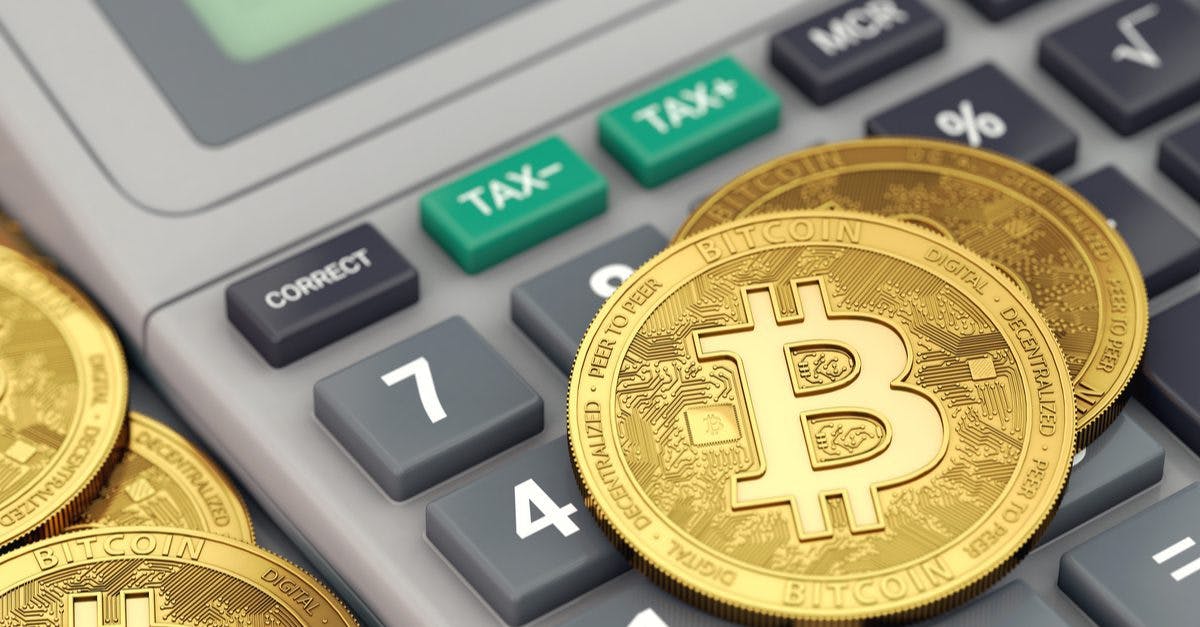US Crypto Tax Crackdown in Congress’ Crosshairs
The White House comes out in support of the original provision which requires digital asset brokers to disclose investors’ gains earned from cryptocurrency. Senate to vote as early as Saturday, August 7.

Source: Shutterstock
- Ron Wyden (D., Ore.) Pat Toomey (R., Pa.), and Cynthia Lummis (R., Wyo.) introduced an amendment Wednesday to provide clarification into the term ‘broker.’
- Some industry members fear that the language of their proposed amendment favors proof-of-work, the consensus mechanism pioneered by bitcoin, over proof-of-stake, which is employed by the ETH2 blockchain and others.
An unlikely trio of senators from both sides of the aisle is trying to change a key part of the $1.2 trillion infrastructure deal currently being considered by Congress. Lawmakers’ indication that cryptocurrency crackdowns are coming has the digital asset industry up in arms.
If passed, the bill will require digital asset brokers to disclose investors’ gains earned from cryptocurrency, raising an estimated $28 billion to go toward revamping roads, bridges and broadband.
Ron Wyden (D., Ore.) Pat Toomey (R., Pa.), and Cynthia Lummis (R., Wyo.) introduced an amendment Wednesday to provide clarification into the term ‘broker.’ In the first signal that a compromise may eventually be reached, Sen. Rob Portman (R., Ohio), who wrote the original provision, agreed and said clarification will be needed on Thursday. The White House has come out in support of the original provision.
The proposed amendment clarifies that digital asset miners and blockchain developers should not be treated as ‘brokers’ with tax reporting requirements. These parties do not have access to, for security purposes, the necessary identifying information about crypto holders and therefore should not be required to report, the senators say.
“Our amendment makes clear that reporting does not apply to individuals developing blockchain technology and wallets. This will protect American innovation while at the same time ensuring those who buy and sell cryptocurrency pay the taxes they already owe,” Wyden said in a statement.
A lack of understanding
On Thursday, a competing amendment was introduced from senators Rob Portman (R., Ohio), Mark Warner (D., Va) and Kyrsten Sinema (D., Ariz.). Some industry members fear that the language of the amendment favors proof-of-work, the consensus mechanism pioneered by bitcoin, over proof-of-stake, which is employed by the ETH2 blockchain and others.
“Under this amendment, proof-of-work chains (e.g. BTC), which algorithmically validates blocks without private information wouldn’t be responsible for guessing what transactions customers are doing in crypto,” said Sam Bankman-Fried, founder and CEO of FTX, in a recent tweet. “But if a blockchain uses a [proof-of-stake] protocol, then it would be.”
The amendment implies that proof-of-stake would be required to report, Bankman-Fried explained, but these miners and developers are just as in the dark about individual trades as their proof-of-work counterparts.
The bill, cryptocurrency advocates say, is only the latest example that most of Washington has a long way to go when it comes to blockchain education.
“I would be interested to hear if any of the senators know what a consensus mechanism is and understand the difference between proof of work and proof-of-stake,” said Andrew Keys, managing partner at DARMA Capital. “I would bet the farm that none of them understand the difference. This is not tech neutrality, this is affording one type of technology different advantages based upon how a database works, and I think that’s very reckless.”
The bill has the potential to drive blockchain miners and developers out of the US, Keys argued.
“The additional reporting requirements and the additional hurdles are just going to move crypto offshore, which is actually going to disadvantage the United States,” said Keys.
Tax accountability
What crypto industry leaders see as an attack on innovation, some lawmakers see as a step in the right direction when it comes to holding corporations accountable.
“I support President Biden’s plans to crack down on widespread tax evasion,” Tammy Duckworth (D., Il.) wrote in a letter to a constituent. “The IRS Commissioner estimates the United States Government loses an average of $1 trillion per year in uncollected taxes that are legally owed but not paid.”
Crypto advocates largely agree: there is a tax evasion problem in the US. Bankman-Fried, who owns FTX.US, the exchange that serves customers in America, said that he knows that crypto taxes sometimes go unreported and he is willing to work with regulators.
This particular bill, however, is not the most efficient way to address crypto tax issues, industry leaders insist.
“The US won the internet, FAANG, Facebook, Amazon, Apple Netflix, Google, are all US companies, they employ many US citizens and they do pay taxes in the US. Maybe not as much as they should, and that’s a separate kind of tax arbitrage conversation, but this is big,” said Keys. “This world is more global now that there is the internet, and these types of technologies will just move to different jurisdictions, and people that will benefit from that will also move, but it’s not going to stop the technology.”






